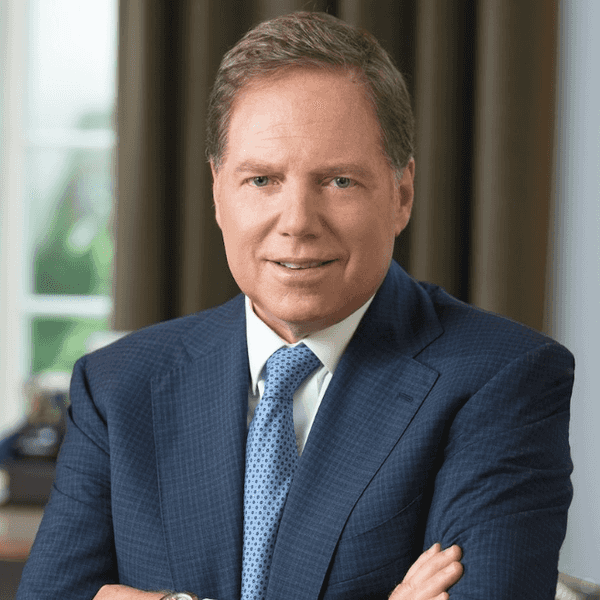
By Julia Edwards and Krista Hughes
WASHINGTON (Reuters) — U.S. President Barack Obama kicked off a sales pitch on Tuesday for a 12-nation Pacific Rim trade agreement that has sparked concern among some lawmakers and won a lukewarm initial response from business groups.
Although ultimate winners and losers from the Trans-Pacific Partnership (TPP) are still unclear, some Republicans are worried about its impact on industries including dairy, tobacco and pharmaceuticals, highlighting the battle ahead to win votes.
Still, Obama was upbeat about winning support in the Republican-controlled Congress for the pact, which will cut trade barriers and set common standards for 40 percent of the world economy.
“I’m also confident that the case to be made for why this is good for America is sufficiently strong,” Obama told agricultural and business leaders gathered at the U.S. Agriculture Department.
“Ultimately we’re going to get this done, and it will be an enormous achievement for us to be able to make sure that 40 percent of the world’s economy is operating under rules that don’t hurt us, but instead help make sure that American workers and American businesses are getting a fair shot,” Obama said.
Obama plans to make a broad case to the public on the merits of the TPP deal, as well as to mayors, governors and other constituencies. He said stakeholders would have plenty of time to parse the details before a vote that was still months away.
Early signs are not encouraging, although lawmakers stressed they were waiting on details.
Senate Majority Leader Mitch McConnell saw “a number of troubling parts” in the deal, and Senate Finance Committee Chairman Orrin Hatch said the administration could lose “quite a few” Republican votes.
Hatch said it was a mistake that U.S. negotiators had not secured a minimum 12-year monopoly for the manufacturers of next-generation biological drugs and held out the option of trying to re-open the deal, a step Congress has forced with past trade deals.
North Carolina Senator Richard Burr who, like McConnell, comes from a tobacco-growing state was upset by rules targeting tobacco companies’ ability to take legal action over anti-smoking laws.
“I’d say they are going to come up woefully short (of votes) based on the (agricultural) community,” he said.
Farmers and key business groups have yet to give their verdict on the deal, announced early on Monday.
U.S. Agriculture Secretary Tom Vilsack offered few specifics in a media call after the USDA meeting but said trade deals were always a compromise.
“Not any single party to a trade agreement gets everything they want. It is give and take,” he said.
Lawmakers from manufacturing regions hit by past free trade deals also have concerns. Ohio Senator Rob Portman, a former U.S. trade representative, criticized a lack of “teeth” in preventing countries from devaluing their currencies to make their exports cheaper.
Obama said in an interview with radio show Marketplace that it was a good starting point that TPP countries agreed on a set of principles on how to measure currency manipulation.
(Additional reporting by Roberta Rampton and David Lawder in Washington and Karl Plume in Chicago; Editing by Cynthia Osterman)
Photo: U.S. President Barack Obama speaks during a meeting with agriculture and business leaders about the Trans-Pacific Partnership at the Department of Agriculture in Washington October 6, 2015. REUTERS/Kevin Lamarque








